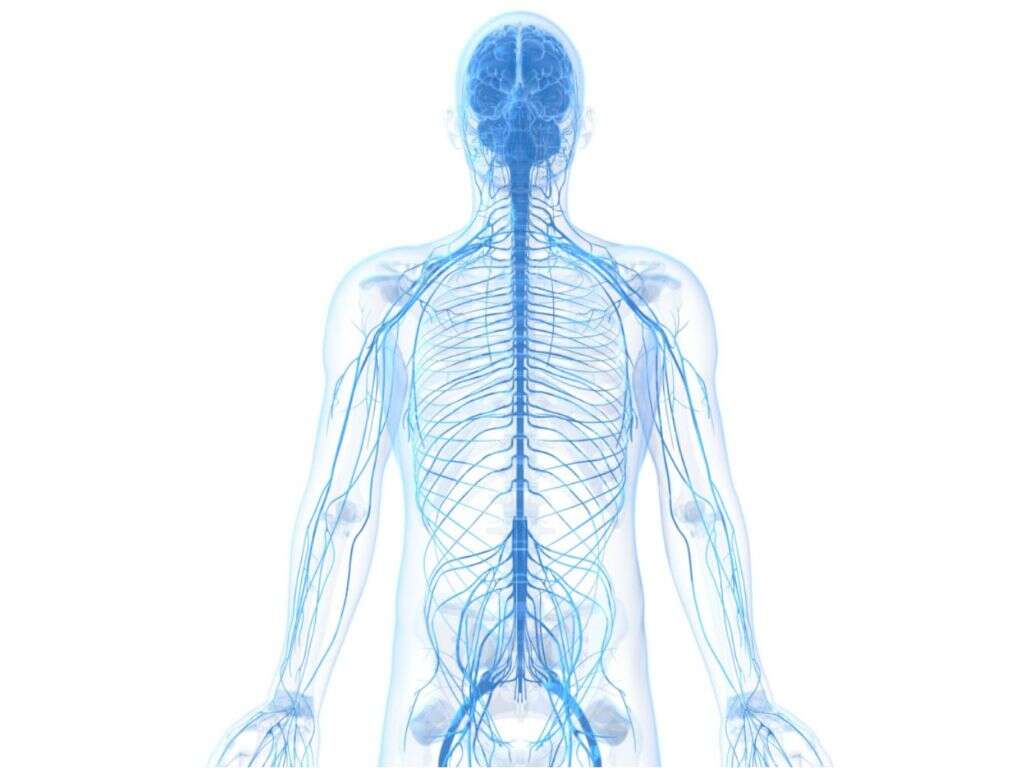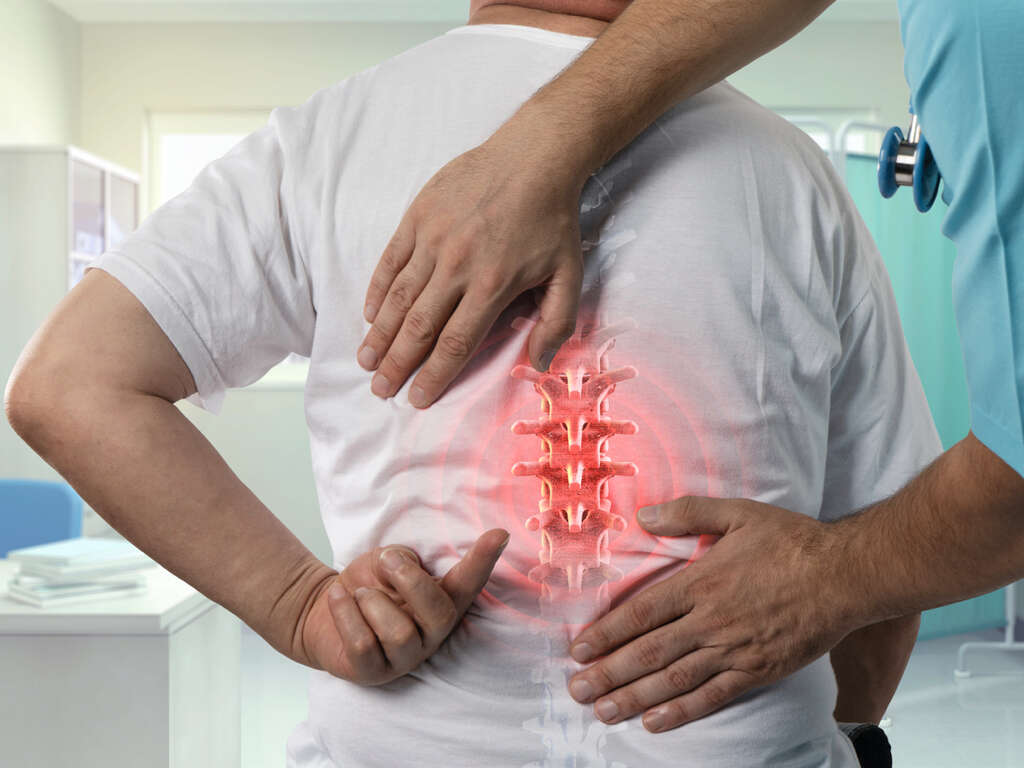10 Causes of Peripheral Neuropathy
Our bodies contain a network of nerves that connect the whole body to the spinal cord and the brain. This nervous system allows us to touch, feel, and warns us of dangers such as extreme hot or cold. The network of nerves that allows us to feel is known collectively as the peripheral nervous system and contains a network of 43 pairs of nerves in total.
If this system is damaged or impeded in some way, symptoms can arise including numbness, pain, and weakness. In addition to damage caused by injuries, these symptoms can also be caused by inherited conditions or by lifestyle factors such as diet and alcohol consumption. When these symptoms are present in the peripheral nervous system, it is known medically as peripheral neuropathy. Here’s a look at some of the causes.
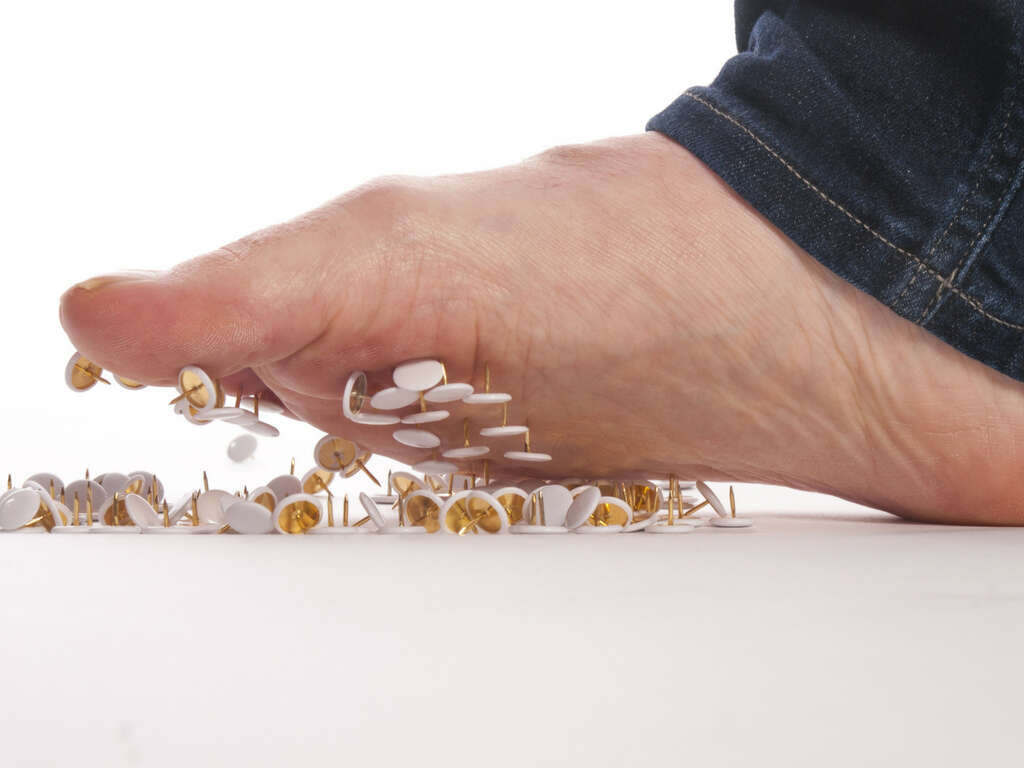
Cause #1: Excessive Alcohol
Alcohol is enjoyed by people throughout much of the world. It helps us to wind down and have some fun, making it an important part of a night out for many people. As enjoyable as it can be though, alcohol is associated with risks, so it is important to treat it with some caution.
Drink alcohol in excessive amounts and you could develop a wide range of complications. One such complication is peripheral neuropathy. This can be worsened if the patient does not consume a balanced diet due to their drinking habits. Excessive alcohol use also increases the chance of forming a dependence, which can destroy lives and cause permanent damage to many organs and systems in the body.

Cause #2: Medication
What we can do with medications now is quite impressive. They can treat a wide range of illnesses, reduce symptoms, and even cure diseases that were once thought to be incurable. They can help to provide a good quality of life to people who would otherwise have suffered and in some cases of disease they can also extend our lives.
As great as they can be, though, medications are not without their drawbacks. A lot of medication has side effects that ranges from being uncomfortable to potentially dangerous, so taking medications should always be treated with caution. One potential side effect of taking medications is peripheral neuropathy.

Cause #3: Hereditary
When we reproduce, we pass on important genetic information to our offspring. This information helps to determine pretty much everything we are as humans, including personality as well as physical characteristics. Unfortunately, parents can also pass on genetic information that causes complications in their children.
Peripheral neuropathy is one condition that can be a result of faulty genes being passed on by the parents. If you are diagnosed with the condition, there’s a good chance that you will be asked about such problems in the family to help the doctor pinpoint the cause. The good news is that such conditions are not always passed onto children.

Cause #4: Vitamin Deficiencies
The importance of having a balanced diet is well-known. A balanced diet helps ensure that we get the full range of nutrients that we need in order to function as well as we should. Most of us are fortunate enough to have access to a diet that provides us with all the nutrients we need, including vitamins.
Not everybody eats a balanced diet though, and this can lead to complications caused by vitamin deficiencies. Some people also have specific vitamin requirements that are caused by complications within the body. There is a wide range of symptoms that can be caused by a lack of vitamins and peripheral neuropathy is one of them.

Cause #5: Pressure On Nerves
The peripheral nerves run throughout the body through a system of channels that give it the space it needs. These channels will often pass through soft tissues such as muscle, but they can also run through harder tissues such as tendon and bone. In many cases, the surrounding tissues will actually help protect the nerves, but these tissues can sometimes be problematic.
If the surrounding tissues are too close or pushed up against the nerve, the resulting pressure can impede the nerve’s ability function. This is a common cause of peripheral neuropathy; one common example of theis pressure is carpal tunnel syndrome.
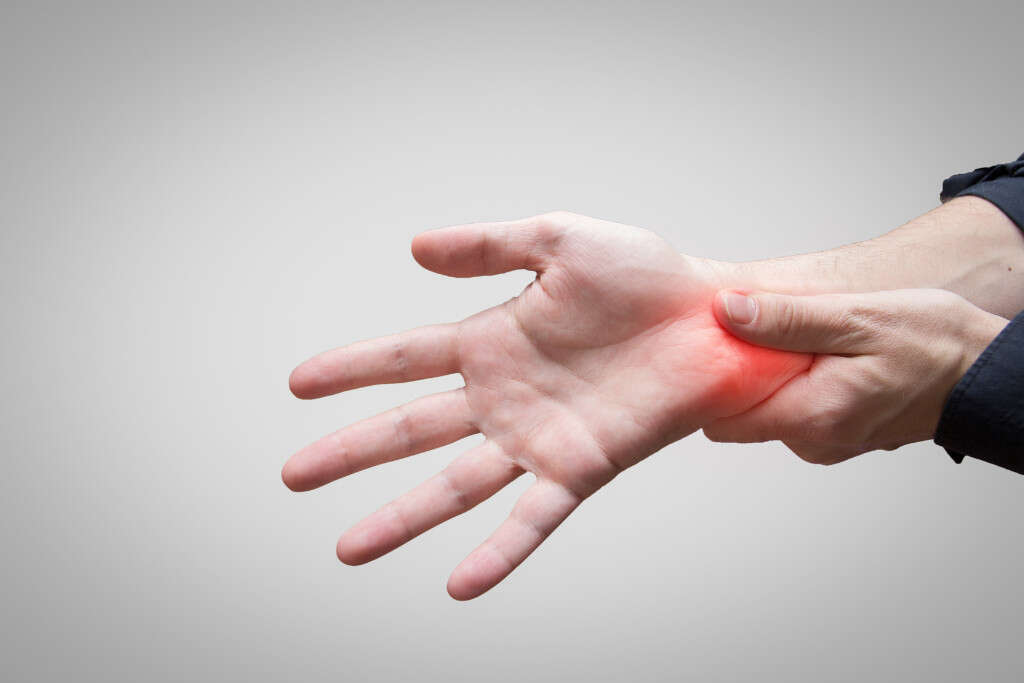
Cause #6: Autoimmune Diseases
Imagine if we didn’t have a natural defense system against infection and disease. We’d be reliant on drugs and chemicals to protect us and they would still be unlikely to come close to being as effective as the immune system. Our immune system does a great job of protecting us 24/7, but that does not mean it is perfect.
Not only is the immune system not able to deal with 100% of dangers, it can sometimes fight against us directly. The immune system can directly attack its own body in what is known as an autoimmune disease. This has a range of symptoms, one of which is peripheral neuropathy.
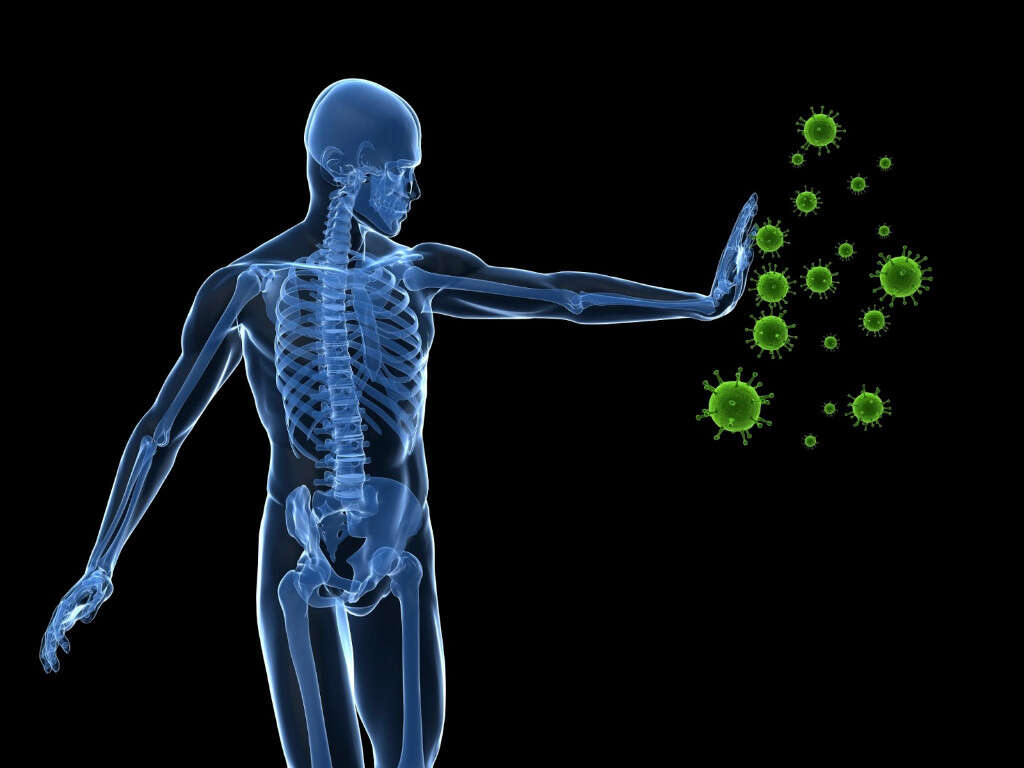
Cause #7: Infections
If a pathogen manages to find a way into the body, it could potentially take hold and cause complications. Our immune system does a great job of fighting infections but it can be overwhelmed, and it is not effective against all pathogens. If an infection does take hold then we can begin to suffer a range of symptoms, some of which can be very unpleasant.
One possible symptom of an infection is peripheral neuropathy. Although many infections can be treated with antibiotics, some are very difficult to treat and should be taken very seriously. If you are suffering from signs of an infection you should arrange to see a doctor as soon as you can.

Cause #8: Poisoning
The world we live in is full of compounds that can be very harmful to us. They can be on the surfaces we touch, in the air that we breathe and even in the food that we eat. Fortunately, though, such compounds are only usually present in very small amounts and are easily processed by our immune system. Should these compounds be allowed to accumulate, though, we can become very ill.
Poisonings are quite rare but can occur if you come into contact with the wrong substance and can occur if you eat the wrong foods. One possible symptom of poisoning is peripheral neuropathy; there are also other symptoms that can be dangerous, so you should seek medical attention if you suspect that you are suffering from poison.

Cause #9: Tumors
Every now and then we might find a lump or bump where there shouldn’t be one. These could well be tumors, which are abnormal growths of tissue in the body. Some tumors can be malignant so finding one can be a cause for alarm, although many tumors are really quite harmless to us.
Regardless of whether a tumor is malignant, it can cause various complications in the body. If the mass grows too large, it can begin to affect the other tissues and organs surrounding it. For example, if a tumor grows large enough near the peripheral nerve, the result can be peripheral neuropathy.

Cause #10: Diabetes
Sugar helps to make food taste sweet and is found naturally in much of the food we eat. We still tend to add extra sugar to our foods though, as well as eating sugary processed foods, and this can lead to problems. In addition to contributing significantly to weight gain, excess sugar intake can also result in conditions such as diabetes.
Diabetes is a condition that prevents the patient from being able to self-regulate the amount of sugar that is flowing through their blood. Too much sugar in the blood can cause nerve damage, potentially leading to peripheral neuropathy. Diabetes is the most common cause of the condition.




